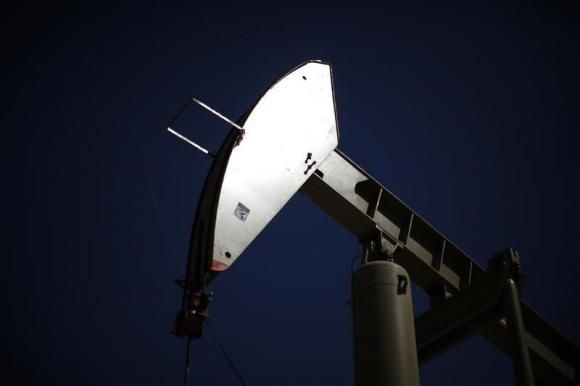 Crude oil futures rebounded on Friday and Brent headed for its first monthly gain since July, helped by strong investor inflows, an improving demand outlook and supply outages.
Crude oil futures rebounded on Friday and Brent headed for its first monthly gain since July, helped by strong investor inflows, an improving demand outlook and supply outages.
At 4.55 a.m. ET, Brent crude futures LCOc1 were up $1.50 at $61.54 a barrel, while U.S. crude CLc1 was up $1.23 at $49.40 a barrel. Both contracts tumbled on Thursday, with U.S. crudefalling hardest, reuters reports.
Brent is trading at a premium of about $12 to U.S. crude, which remains hamstrung by massive inventory builds [EIA/S]. This is the widest spread since January 2014.
"The main event this week has been the widening of the spread between Brent and WTI (U.S. crude)," Ole Hansen, senior commodity strategist at Saxo Bank, said. "WTI is still only a few dollars above the lows, but Brent has lifted off."
Brent is up around 15 percent this month from January's close of $52.99, on course for its biggest monthly gain since May 2009. U.S. crude is also set for its first monthly rise in eight, but with a modest gain of about 1.9 percent.
Brent is being helped by factors including positive euro zone and Chinese data, plus supply disruptions in Libya, said Hans van Cleef, energy economist at ABN Amro.
China's implied oil demand is set to grow by 3 percent this year, the country's top energy group China National Petroleum Corp said, surpassing the International Energy Agency's forecast of 2.5 percent.
At the same time, disruptions to production and exports from Libya and Iraq in recent weeks have contributed to tightness in the physical market in the Mediterranean.
In the North Sea, Norway's Statoil has shut its Statfjord C platform after discovering cracks in the flare tower. The entire Statfjord field, which includes two other platforms, produced about 81,000 barrels of oil equivalent last year.
But analysts at JBC Energy warned that supply-side support could wane in coming weeks. "Many of the outages that we have witnessed of late appear bound to come back next month," they said in a note.
The latest Baker Hughes rig count number will emerge later on Friday, providing an update on how the U.S. shale industry is responding to lower oil prices.
The active drilling rig count in North Dakota, the country's No. 2 oil-producing state, dropped to 119 on Feb. 26, versus 193 last year, state data showed.
 В Атырау -10
В Атырау -10